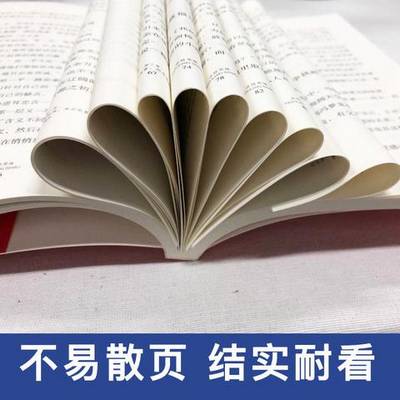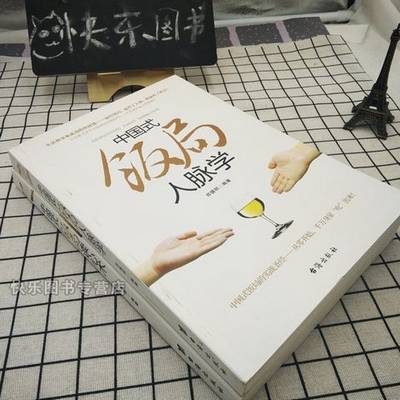(三)表语:表语使用形容词充当。表语用以说明主语的身份、特征和状态,它一般位于系动词(如be, become, get, look, grow, turn,
seem等)之后。表语一般由名词、代词、形容词、分词、数词、不定式、动名词、介词短语、副词及表语从句表示。
例如:
His father is a worker.(名词worker)
That classroom is ours.(代词ours)
Our classroom is clean(形容词clean)
The speech is exciting.(分词)
Three times seven is twenty one?(数词)
His job is to teach English.(不定式)
His hobby is playing football.(动名词)
The machine must be out of order.(介词短语)

Time is up. The class is over.(副词)(副词可以做表语的只有几个)
The truth is that he has never been abroad.(表语从句)
(四)宾语:宾语表示动作的对象或承爱者。宾语由名词性的词充当,宾语分为动词宾语和介词宾语,分别构成动宾结构和介词结构,一般位于及物动

词和介词后面。
例如:I love music.(名词)
How many appIes do you have? I have five.(数词)
They helped the old with their housework yesterday.(名词化形容词)
He pretended not to see me.(不定式短语)
I enjoy listening to popular music.(动名词短语)
I think(that)he is fit for his office.(宾语从句)
Give me a pen.(间接宾语+直接宾语)
They elected him their monitor. (宾语+宾补)
The medicine is good for her.(代词her作宾语)
They don't work on Sunday.(Sunday作介词
on的宾语)
(五)宾语补足语:英语中有些及物动词,除有一个直接宾语以外,还要有一个宾语补语,才能使句子的意义完整。带有宾语补足语的一般句型为:某些及物动词(如make等+宾语+宾补)。宾补可由名词、形容词、副词、不定式、分词、介词短语和从句充当。
例如:
His father named him Daming.(名词)
We painted the wall white.(形容词)
Let the fresh air in.(副词)
You mustn’t force him to lend his money to
you.(不定式短语)
I saw her passing our classoom.(现在分词)
We found everything in the lab in good order.(介词短语)
We will soon make our city what your city

is
now.(从句)
(六)定语:修饰名词或代词的词、短语或从句称为定语。定语使用形容词。单词作定语,一般放在被修饰语的前面,短语和从句作定语则放在被修饰语的后面。
如:
Li Hong is an excellent teacher. (形容词excellent作定语)
The school library has many books on agriculture.(many和on agriculture,都修饰books,many在books的前面,on agriculture则在它的后面)
(七)状语:状语修饰动词、形容词、副词或整个句子,说明被修饰者的动作或状态特征。修饰形容词或副词的状语放在被修饰语之前;修饰动词的状语有的放在动词之前,有的放在动词之后。如动词有宾语,状语一般须放在宾语之后。
如:
Lingling does well in Chinese.(副词well作状语)
Guilin is very beautiful.(very为状语,修饰形容词beautiful,放在beautiful之前)
I didn't know Tan Dun well.(well为状语,修饰动词know,放在know之后)
My parents and I often go on a picnic.(often为状语,修饰动词go,放在它的前面)
The students do exercise every morning.(every morning为状语,修饰动词do,
在宾 语exercise之后)
He has lived in the city for two years.(介词短语)
He is proud to have passed the national college entrance examination.(不定式短语)
He is in the

room making a model plane.(分词短语)
Wait a minute.(名词)
Once you begin, you must continue.(状语从句)
[注]虚词(冠词,介词,连词和感叹词)在句子中一律不能作为句子成分。
(八)冠词, 冠词在名词之前。
如:
I met a friend at the bus-stop.
(九)介词,介词一般也放在名词或代词之前。
如:
There is a map of China on the wall.
(十)连词,连词一般放在同类的词、短语或从句之间。
如:
They worked quickly and efficiently.
He works just as hard as everyone else although he is over sixty.
(十一)感叹词, 感叹词常放在句子最前面。如:
Oh,it's you!啊,是你呀!
转载请注明转载地址:学渣轻松学英语---词类在句子中的成分和位置:http://www.hxstjt.com/crjc/123501.html
